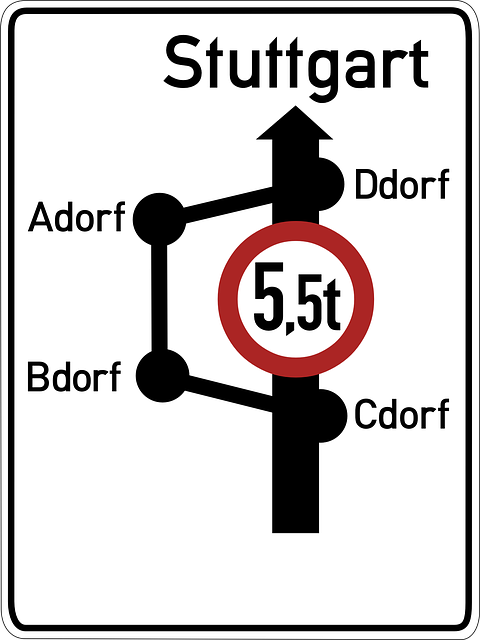Oregon families are opting for probate alternatives like living trusts and joint ownership to simplify asset transfer and maintain privacy during the distribution of a deceased person's assets. These methods bypass the lengthy and public probate process, minimizing legal fees and offering emotional peace. Options include durable powers of attorney and life insurance policies, tailored to individual needs and ensuring a smoother transition according to Oregon's probate laws. Professional guidance is recommended for informed decision-making.
Oregon probate avoidance strategies can help families streamline asset distribution, minimize legal costs, and preserve privacy. Understanding the basics of probate in Oregon is essential before exploring alternative methods. This article guides you through various probate alternatives suitable for Oregon residents, including living trusts, pour-over wills, and joint ownership. By implementing these strategies, families can ensure a smoother transition of assets while considering both benefits and important considerations. Discover how to navigate Oregon’s probate laws effectively with these proven probate alternatives.
- Understanding Probate in Oregon: The Basics
- Exploring Alternative Methods to Avoid Probate
- Benefits and Considerations for Oregon Families
Understanding Probate in Oregon: The Basics

In Oregon, probate is a legal process that facilitates the distribution of a deceased person’s assets to their beneficiaries. Traditionally, it involves a court-appointed executor who manages the estate, pays debts and taxes, and ensures assets are distributed according to the will or state laws. However, this process can be lengthy, expensive, and public, often causing stress for families already dealing with loss. Understanding these challenges has led many Oregonians to explore probate alternatives to simplify asset transfer and preserve privacy.
Probate alternatives in Oregon include living trusts, joint ownership, and pay-on-death designations. Living trusts allow individuals to transfer assets into a trust during their lifetime, bypassing the need for probate upon their death. Joint ownership and pay-on-death designations, like bank accounts or investment accounts, can also facilitate direct transfer of assets to beneficiaries without court intervention. These options not only offer efficiency but may also help reduce potential estate taxes, providing families with a smoother transition during an emotional time.
Exploring Alternative Methods to Avoid Probate

In Oregon, families are increasingly exploring alternative methods to avoid probate when planning their estates. Probate can be a lengthy and expensive process, often involving legal fees and court involvement. By considering probate alternatives in Oregon, families can streamline the transfer of assets and minimize potential delays or complications.
One popular option is the use of living trusts, which allow individuals to transfer assets during their lifetime while avoiding the probate process. Another approach is the appointment of a durable power of attorney for finances and healthcare, empowering designated individuals to manage affairs should the grantor become incapacitated. Additionally, life insurance policies can be used to fund the payment of debts and expenses, further bypassing the need for probate. These Oregon probate alternatives offer flexible solutions tailored to individual needs, ensuring a smoother transition for families during what can be an emotional time.
Benefits and Considerations for Oregon Families

Oregon families looking to protect their legacy and avoid complex legal processes often turn to probate alternatives. These options offer several benefits, including streamlining asset distribution, minimizing court involvement, and potentially reducing legal fees. By choosing probate alternatives in Oregon, families can ensure a smoother transition for their loved ones during an emotional time.
When considering these strategies, it’s essential to weigh the advantages against potential drawbacks. Each option has its own requirements and eligibility criteria, so seeking professional guidance is advisable. Probate alternatives can range from simple trust arrangements to more complex estate planning structures. Understanding these variations allows families to make informed decisions tailored to their unique circumstances, ensuring their wishes are respected while navigating Oregon’s probate laws efficiently.
